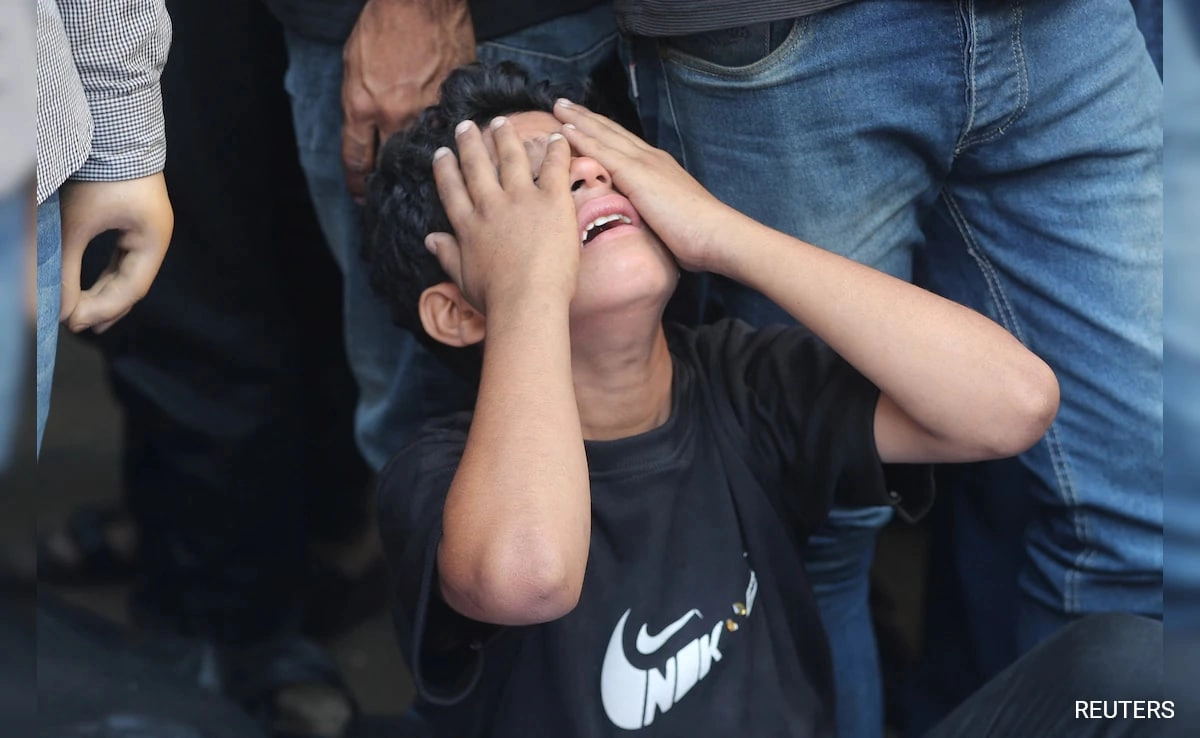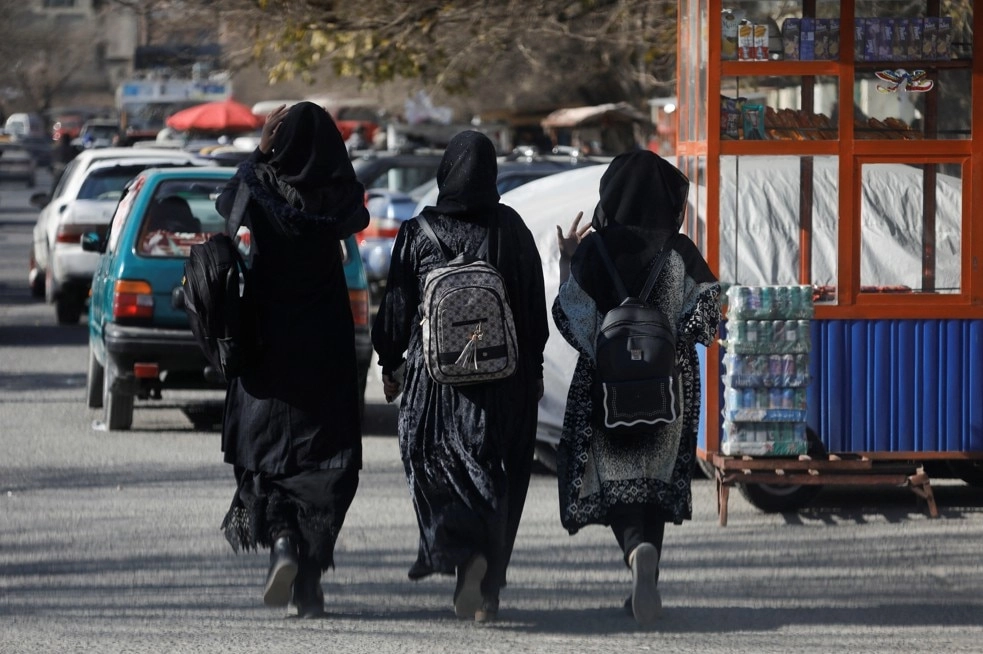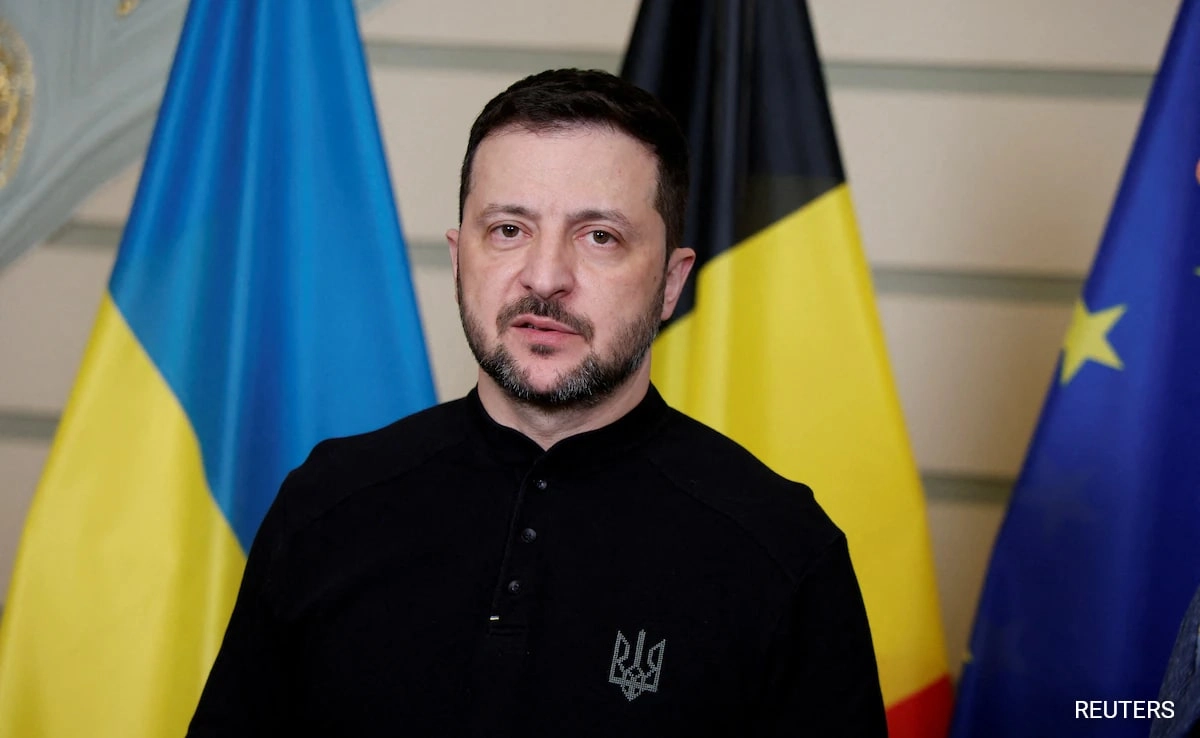The recent recognition of a Palestinian state by several Western nations has elicited a spectrum of reactions, particularly in the volatile regions of Gaza and Israel. Gazans, who have long sought international acknowledgment and support for their aspirations, have welcomed this development with a mix of hope and celebration. For many in Gaza, the recognition symbolizes a significant step toward achieving self-determination and sovereignty after decades of conflict and struggle. The streets of Gaza have witnessed jubilant gatherings, where people express their optimism that this acknowledgment could pave the way for greater autonomy and an eventual resolution to the longstanding Israeli-Palestinian conflict.
In stark contrast, Israeli officials and many citizens have condemned this recognition, viewing it as a detrimental move that undermines the peace process. They argue that unilateral recognition of a Palestinian state, without mutual agreements and negotiations, exacerbates tensions and diminishes the prospects for a lasting resolution. For Israel, security concerns remain paramount, and any steps perceived as legitimizing the Palestinian leadership without addressing crucial security issues are met with skepticism. The Israeli government has voiced concerns that such recognition emboldens extremist factions within Palestinian society, potentially leading to increased violence and instability in the region.
The divide in reactions highlights the complexities surrounding the Israeli-Palestinian conflict, where differing narratives and historical grievances continue to fuel tensions. While Gazans celebrate what they perceive as a validation of their struggle, Israelis fear the implications of a unilateral declaration that could hinder diplomatic efforts. The situation underscores the necessity for dialogue and mutual understanding, as both sides grapple with their aspirations and fears. International mediators and policymakers are now faced with the challenge of navigating these divergent perspectives to foster a conducive environment for renewed negotiations.
Ultimately, the recognition of a Palestinian state by Western nations serves as a reminder of the ongoing struggle for national identity and self-governance in the region. It brings to the forefront the urgent need for a comprehensive approach that addresses the aspirations of Palestinians while ensuring the security and concerns of Israelis. As both Gazans and Israelis react to these developments, the hope remains that this recognition could eventually lead to meaningful discussions, paving the way for a peaceful coexistence that honors the rights and desires of both peoples.




